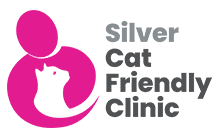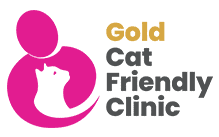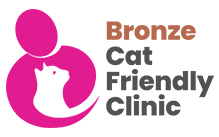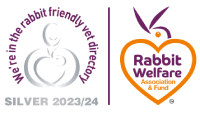This is a month that aims to raise awareness of the importance of dental health for your pet. Although it is highlighted in February, it is important that your pet’s dental health is monitored regularly throughout the year.
Like humans, pets can suffer from a range of oral problems. They also only get one shot at keeping their own teeth!
Dental disease is the number one infectious health problem in small animal patients, with up to 80% of pets having some degree of periodontal disease by only three years old. This has a big effect on oral health and can be a factor in disease developing around other areas of the body.
Most Common Dental Disease Symptoms in Pets:
- Red and swollen gums
- Brown and grey teeth
- Bad breath
- Drooling
- Bleeding gums
- Pawing the face or rubbing the mouth against the objects
- Reluctance towards hard food or toys
- Tooth loss
- Not feeling themselves/showing signs of pain
Remember that eating is not always a sign that everything is ok!
Brushing your Pet’s Teeth
We understand that brushing your pet’s teeth may not be the easiest of tasks… especially if you’ve got a protesting pet!
We offer free clinics with our consulting nurse who can help you master the technique and can give you a few tips on how to manage your pet whilst you brush!
Tips:
Brushing your pet’s teeth daily is gold standard although certain dental chews and diets may also assist plaque removal. Remember that dental chews do contain calories and will affect your pet’s nutrition. It is worth remembering, too, that when using dental chews, it is your pet that decides which teeth are in contact!
If you do not brush your pet’s teeth regularly, bacteria, leftover food and saliva can build up and collect between the teeth and gums. This can then progress into a tartar build-up which, in time, can lead to periodontal disease. In some cases, bacteria under the gum can travel through the blood stream to the heart, kidney and liver.
How is Dental Disease Treated?
Periodontal disease is not reversible, but diligent at-home dental care and regular veterinary cleanings can slow down the progression of the condition.
Professional dental cleaning is required to remove plaque and tartar from a pet’s teeth to assess the health of the mouth. In order to do this, pets must be under anaesthesia.
Our practices can offer advise on maintaining good oral health, and if need be, can offer treatments to solve dental problems.










